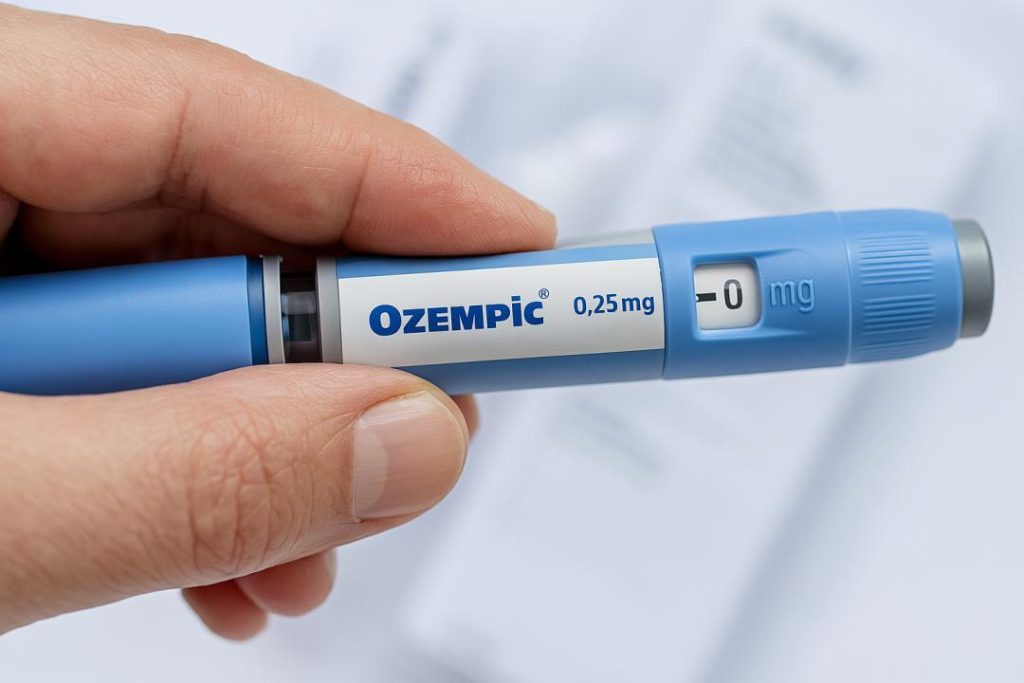
New Study Shows Less Frequent GLP-1 Dosing Still Effective
The search for an effective and convenient solution for weight loss has been a long-standing challenge for many individuals struggling with obesity. The introduction of GLP-1 drugs, such as semaglutide and tirzepatide, has been a game-changer in the fight against excess weight. These medications have been shown to lead to significant weight loss and improvement in overall health. However, the traditional dosing schedule of these drugs, typically involving injections every week or every other week, can be a significant burden for some patients. A new study published in the journal Obesity has shed some light on this issue, finding that less frequent dosing of GLP-1 drugs may still be effective in promoting weight loss while also reducing the frequency of injections.
The study, which was conducted by researchers at the University of California, Los Angeles (UCLA), involved 140 participants who were randomly assigned to receive either semaglutide or tirzepatide injections every week, every other week, or every 2-4 weeks. The results were impressive, with participants in all three dosing groups experiencing significant weight loss and improvements in their overall health.
One of the most notable findings was that participants who received injections every 2-4 weeks maintained significant weight loss, with an average weight loss of 10-15% of their initial body weight. This is comparable to the results seen in previous studies where participants received injections every week or every other week. Furthermore, the majority of participants in the study were able to maintain their weight loss over the course of the 52-week study period, suggesting that the less frequent dosing schedule did not compromise the effectiveness of the treatment.
The reduced dosing schedule also had an added benefit: it may help to lower costs and ease supply shortages. With the increasing popularity of GLP-1 drugs, the demand for these medications has grown, leading to shortages and increased costs. By reducing the frequency of injections, the study suggests that patients may be able to access these medications more easily and at a lower cost.
So, what do these findings mean for patients who are considering using GLP-1 drugs for weight loss? Firstly, it suggests that these medications can be an effective tool for achieving significant weight loss, even when dosed less frequently. This is a significant finding, as it opens up new possibilities for patients who may have previously been deterred by the traditional dosing schedule. Additionally, the reduced dosing schedule may make these medications more accessible and affordable for patients, which could have a significant impact on public health.
The study’s lead author, Dr. Tricia Tan, emphasized the importance of these findings, stating, “Our study shows that GLP-1 drugs can be effective at reducing weight and improving health outcomes, even when dosed less frequently. This is a game-changer for patients who may have previously been discouraged by the traditional dosing schedule.”
While the study’s findings are promising, it is important to note that GLP-1 drugs are not a miracle cure for obesity. They require a comprehensive approach to weight loss, including a healthy diet and regular exercise. Additionally, GLP-1 drugs may not be suitable for everyone, particularly those with certain medical conditions or who are taking certain medications.
In conclusion, the new study published in Obesity has shed light on the effectiveness of less frequent dosing of GLP-1 drugs for weight loss. The findings suggest that these medications can be an effective tool for achieving significant weight loss, even when dosed less frequently, which could have a significant impact on public health. As the search for new and innovative solutions for weight loss continues, it is clear that GLP-1 drugs will remain an important part of the equation.
Source:
https://thepfc.club/blogs/news/fewer-injections-same-results-the-truth-about-glp-1-dosing






